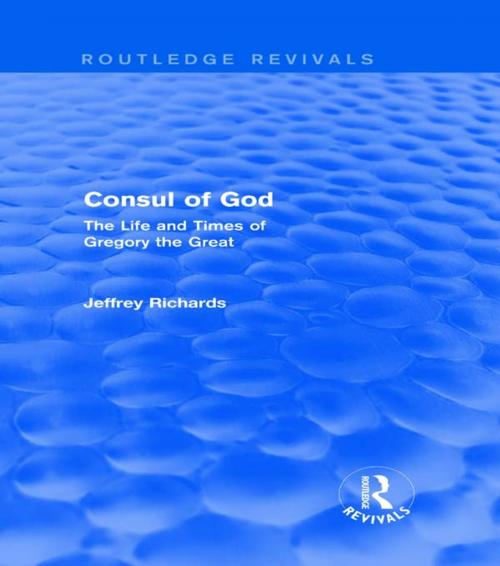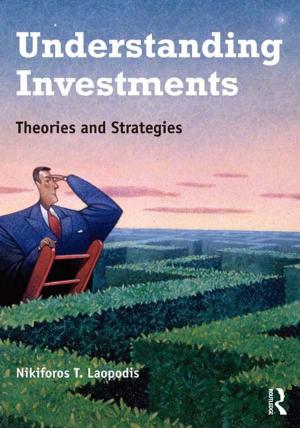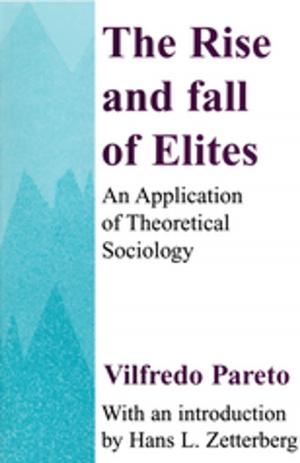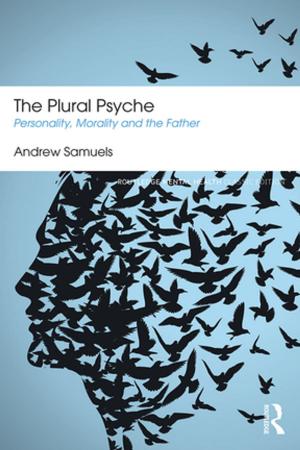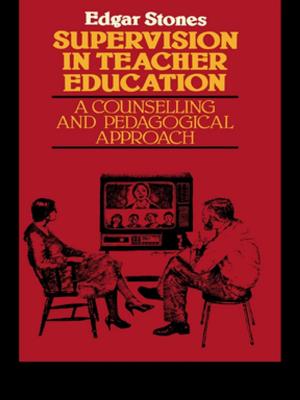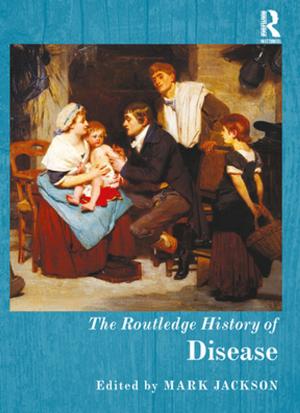Consul of God (Routledge Revivals)
The Life and Times of Gregory the Great
Nonfiction, History, Medieval, Religion & Spirituality, Christianity, Church| Author: | Jeffrey Richards | ISBN: | 9781317678670 |
| Publisher: | Taylor and Francis | Publication: | August 1, 2014 |
| Imprint: | Routledge | Language: | English |
| Author: | Jeffrey Richards |
| ISBN: | 9781317678670 |
| Publisher: | Taylor and Francis |
| Publication: | August 1, 2014 |
| Imprint: | Routledge |
| Language: | English |
Gregory the Great, whose reign spanned the years between 590 and 604 A.D., was one of the most remarkable figures of the early medieval Papacy. Aristocrat, administrator, teacher and scholar, he ascended the throne of St Peter at a time of acute crisis for the Roman Church.
Consul of God, first published in 1980, revises the traditional picture of Pope Gregory. It examines how he organised the central administration of the Papacy and his unremitting war on heresy and schism. Gregory also pioneered a new pastoral tradition in learning, promoted monasticism, and trained the episcopate.
Jeffrey Richards demonstrates that Gregory was both a conservative and a pioneer, and just as his reign looked forward to the medieval world it also looked back to a vanishing world of imperial unity. He was thus the last representative of those Roman senators whose fortitude and energy he emulated, earning the epitaph ‘Consul of God’.
Gregory the Great, whose reign spanned the years between 590 and 604 A.D., was one of the most remarkable figures of the early medieval Papacy. Aristocrat, administrator, teacher and scholar, he ascended the throne of St Peter at a time of acute crisis for the Roman Church.
Consul of God, first published in 1980, revises the traditional picture of Pope Gregory. It examines how he organised the central administration of the Papacy and his unremitting war on heresy and schism. Gregory also pioneered a new pastoral tradition in learning, promoted monasticism, and trained the episcopate.
Jeffrey Richards demonstrates that Gregory was both a conservative and a pioneer, and just as his reign looked forward to the medieval world it also looked back to a vanishing world of imperial unity. He was thus the last representative of those Roman senators whose fortitude and energy he emulated, earning the epitaph ‘Consul of God’.
